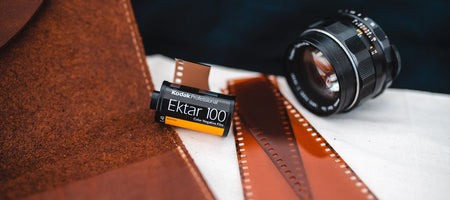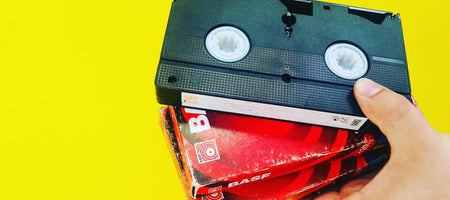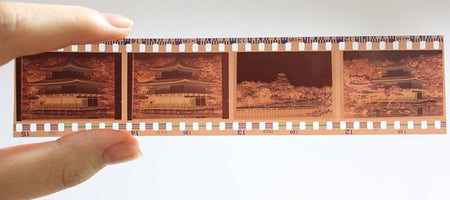We all know the main difference between CDs and DVDs. CDs are for music and DVDs are for video. But oftentimes we receive confusion from clients about transferring film or tapes onto a digitized CD or DVD. It’s time to settle the mix-up once and for all!
Although the two formats look the same, there are some differences between the two. Which is why it’s always important to weigh your options before you pick how you want your files converted.
Below we break down the difference in a few simple distinctions.
Storage Size:
A DVD can store a significantly larger amount of space for movie purposes - approximately 4.7 GB of high definition material to be exact. A CD can store 700 MB of data mostly for audio use, although minor video playback or photo storage is possible.
Think about it this way- a live music set list has to typically be divided into 2-3 CDs to store an entire concert. Yet a DVD can store very long movies like Lord of the Rings into a single disk.
Price:
Since CDs have less space so it makes sense that they are also the cheaper of the two. They cost less to produce and buy because not as many “dots” (1s and 0s) have to be compacted on the disk. This is the main reason why people still choose CDs to store music versus solely using DVDs.
Compared to the original prices of CD and DVD technology, both are still very cheap for modern standards. Did you know the first CD recorder from Yamaha in the 1980s was nearly $35,000? Now you can buy a recorder for only $20 and a disk for less than 20 cents! CDs and DVDs are also cheaper than external hard drives if you’re looking to back up files (although they can’t store as much information as a hard drive).
Compatibility:
Most DVD players and DVD burners can playback CDs. For example, a TV will simply play the audio recording of a CD without any visuals. But a CD player cannot play the audio from a DVD, nor can a CD burner burn DVDs.
Remember the data “dots” mentioned earlier? Since a CD doesn’t use smaller dots, CD players aren’t wired to playback a more compact DVD disk.
History:
CDs hit the market in 1982 whereas DVDs didn’t come to fruition until 1995. When DVDs were first created, Sony and Phillips had two slightly different versions. Companies like Apple, IBM, and Microsoft were frustrated with the lack of standardization and refused to support either format. By 1996, both Sony and Phillips agreed to make a standard DVD that used characteristics from both original formats.
Think of CDs as the predecessor to DVDs. CDs have simpler formatting so it makes sense that they were created over a decade before technology advanced to hone higher quality visuals on the same disk size.
At Southtree we’re able to transfer film, tapes, audio and photos into digitized formats on either a DVD or CD, respectively. So don't wait until it's too late. Turn all of your old memories into new digital keepsakes today!













